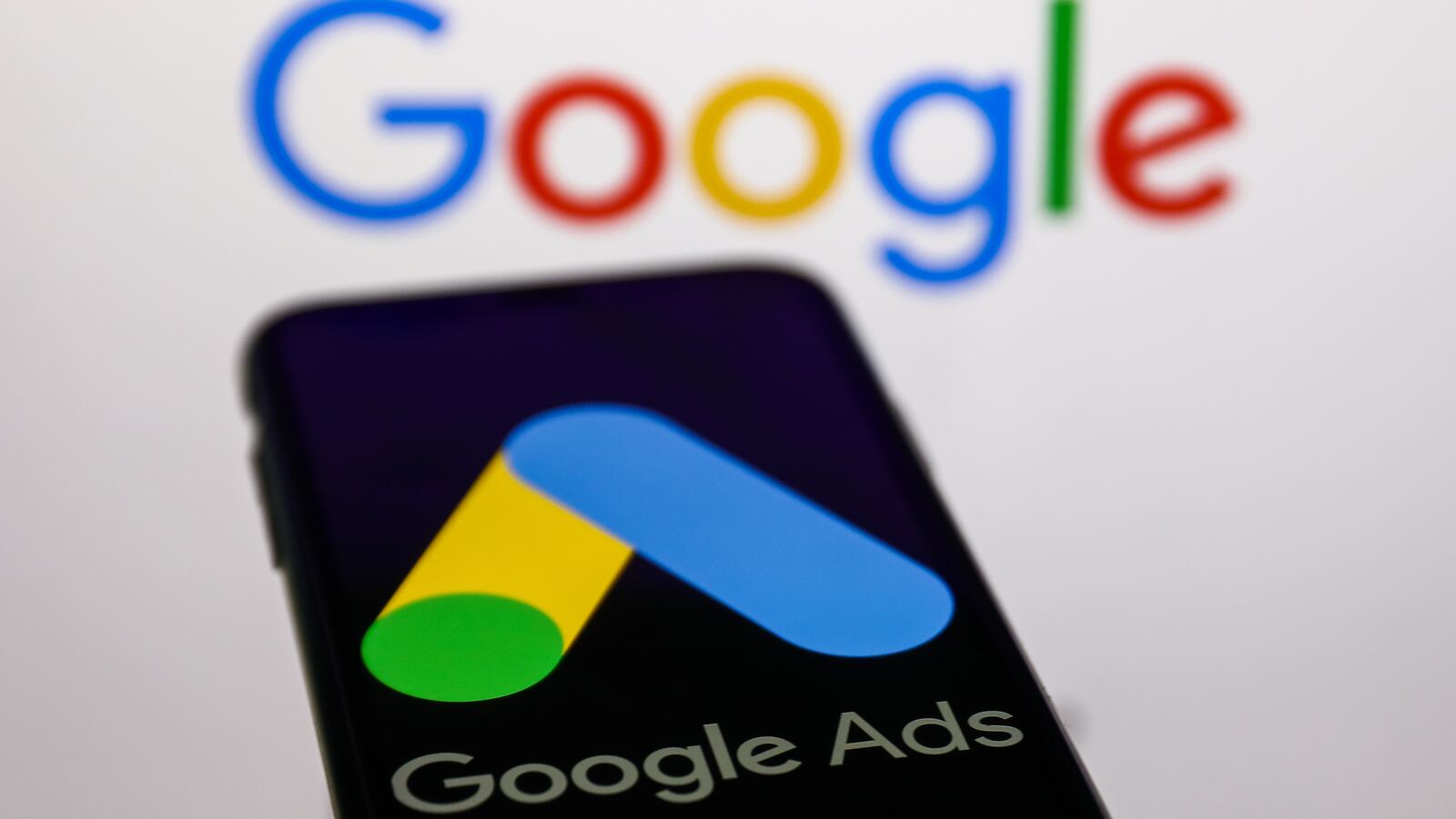A new report from the Center For Countering Digital Hate (CCDH) has found that Google made an estimated $10.2 million from ads for fake abortion clinics over the last two years.
These fake clinics, sometimes called ‘crisis pregnancy centers,’ are a cornerstone of the anti-abortion movement, often funded and run by religious organizations. Fake clinics are set up to intercept women with unwanted pregnancies, and instead convince them to become a parent or explore adoption. Critics say they often spread misinformation and use deceptive language to lure in pregnant people, promising medical care, such as contraception and abortion, that they do not provide.
“Google is betraying the trust of hundreds of thousands of Americans seeking reproductive healthcare and services,” said Imran Ahmed, the CEO of CCDH, in the report. “Google is a willing participant and supporter of the fake clinic industry, profiting from—and even subsidizing—the anti-choice lobby’s campaigns.”
The new research from the CCDH, a London and Washington, D.C.-based nonprofit, found that 38 percent of these fake clinics provide no disclaimer on their website stating that they do not provide abortions.
Meanwhile 40 percent of the websites promote dangerous and unscientific abortion “reversal” procedures, the CCDH says. The new report estimates Google has received at least $2.6 million in ad revenue specifically from fake clinic websites that advertise abortion “reversal.”
Google pushed back on the findings of the CCDH, saying they have “reviewed the advertisers in this report and have taken enforcement action on content that violates our policies related to abortion reversal.”
“We require any organization that wants to advertise to people seeking information about abortion services to be certified and clearly disclose whether they do or do not offer abortion,” a Google spokesperson said in a statement. “We do not allow ads promoting abortion reversal treatments and we also prohibit advertisers from misleading people about the services they offer. We remove or block ads that violate these policies.”
There are more than 2,500 fake clinics across the United States, according to tracking by the Crisis Pregnancy Center Map. Callum Hood, the head researcher behind the new report, said the aim was to understand the scale of spending on Google ads by these organizations.
Researchers at the CCDH used an analytics tool called Semrush to identify over 180 fake clinic websites that bought ads on Google over the last two years. The clinics used keywords like “abortion clinic” and “planned parenthood” in an effort to target users searching for abortion information. They estimated that these ads for fake clinics were clicked an estimated 13 million times.
In some cases, the clinics paying for ads were not real brick-and-mortar locations, in fact, they didn’t exist at all. Last year, the New York Times identified a network of websites for clinics that appeared to be real locations, but actually didn’t exist. Instead, the website funneled users to an anti-abortion hotline run by the Human Coalition, an organization that aims to, “remove the stain of abortion from America.”
CCDH researchers found that these websites alone have paid $1.1 million to Google for ads over the last two years.
“You can see how deceptive it is. You can’t call yourself ‘Kenosha Women’s Clinic’. People are obviously going to expect that that is a clinic that offers medical services, and that it exists in Kenosha. But it doesn’t,” says Hood. “It really poses a sharp question: if Google could accept $1 million to run ads for that, they are not doing basic due diligence for what they are advertising.”
The researchers are calling on Google to require that fake clinics carry “does not provide abortions” disclaimers on all their ads, and to prioritize genuine abortion providers in their search results.






